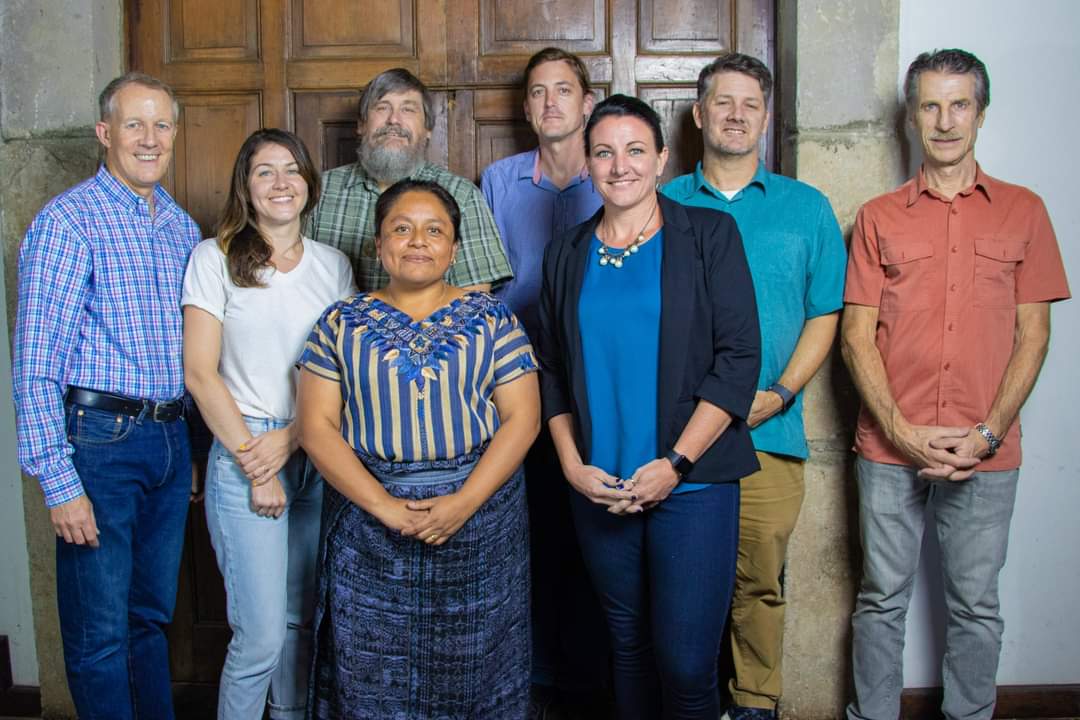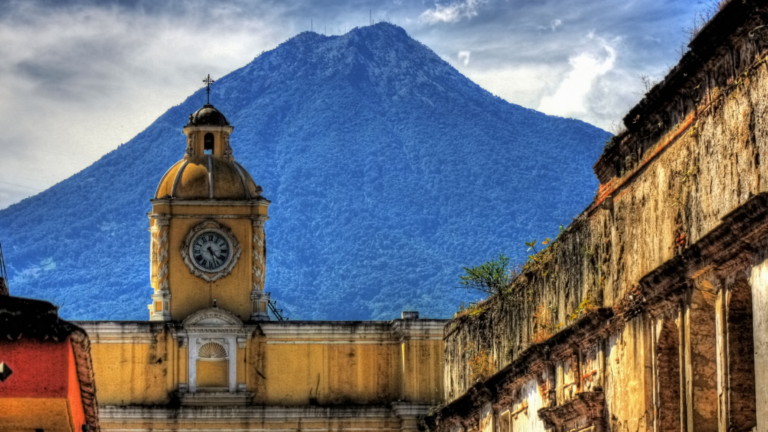Guatemala continues to face challenges remaining from the Guatemalan Civil War, including high levels of poverty and inequality. Anne Kraemer, Executive Director of Wuqu’ Kawoq, shares how this manifests in the Mayan people’s difficulties in accessing adequate healthcare services.
Even though 24 years have passed since the signing of the peace accord, high levels of inequality and discrimination against the Mayan population persist. Wuqu’ Kawoq (Mayan Health Alliance) is a Guatemalan NGO that provides culturally sensitive healthcare services to the rural Mayan population in their native language. FUF Lund Magazine interviewed co-founder and Executive Director, Anne Kraemer, about the organization’s work and the ongoing effects of the Guatemalan Civil War.
Describing current conditions in Guatemala, Kraemer stated:
– Guatemala is still in a post-war period because nothing has really changed. You can look at what was written in the peace accords, but so many of those things are not fulfilled today. The wording of the peace accords versus what is done in actuality is a constant abuse against the people.
The peace accords made promises such as access to healthcare for all and bilingual education for the Mayan population. Kraemer explained that while there may be a healthcare facility, the quality of the facility, that it has adequate supplies and staff, can be a large issue. Whereas in schools, children often have one class in their native language, but it is far from a bilingual education.
Guatemala’s 36-year civil war was the most deadly Cold War conflict in Latin America. The war lasted from 1960 to 1996, during which over 200,000 people died and more than a million people were displaced. The conflict occurred between the right-wing military governments and several leftist groups, including indigenous Mayans guerilla groups. During the war, the government targeted and brutally attacked the Mayan people, including civilians. The 1999 UN Truth Commission declared the military’s acts a genocide and stated that 83 percent of the war’s casualties were Mayans.
In Wu Qu’ Kawoq’s efforts to provide culturally sensitive care to the Mayan population, a vital component of Wu Qu’ Kawoq’s mission is to train and hire local people to be healthcare providers to provide the best care possible. Kraemer explained that Mayans often feel a disconnect when visiting the local government healthcare facilities, in part because of a lack of trust in the government after the violent acts of the civil war and from ongoing discrimination and racism. Additionally, some members of the Mayan population are not fluent Spanish speakers and when they seek healthcare services at government facilities they are often treated by staff that do not speak their native language.
Kraemer provided stories of instances where Mayan mothers of multiple children were advised to undergo sterilization procedures after giving birth as another manifestation of the discrimination and racism the Mayans face in healthcare access. One of Wu Qu’ Kawoq’s programs is a caregiver accompaniment program for pregnant women giving birth in the hospital. The caregivers speak Mayan languages, act as an interpreter for their patients, and are able to advocate on behalf of the pregnant women they accompany.
Discussing these present-day challenges for the Mayan population and lasting effects from the civil war Kraemer stated, “There is no real closure.” There are no statues or monuments commemorating the war and former leaders have not been held accountable. In 2013, former dictator Efrain Rios Montt was convicted of genocide and crimes against humanity, however the charges were quickly dropped due to a technicality.
– There is nothing and that kind of says, it didn’t happen, that violence against your people didn’t happen, Kraemer reflects.



